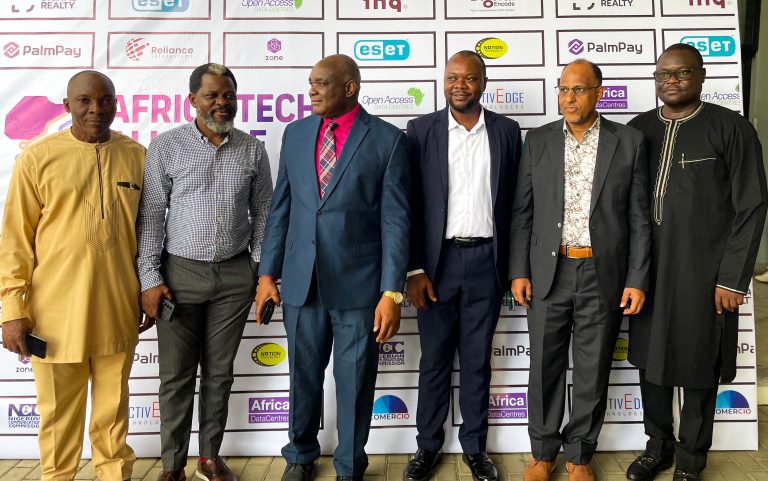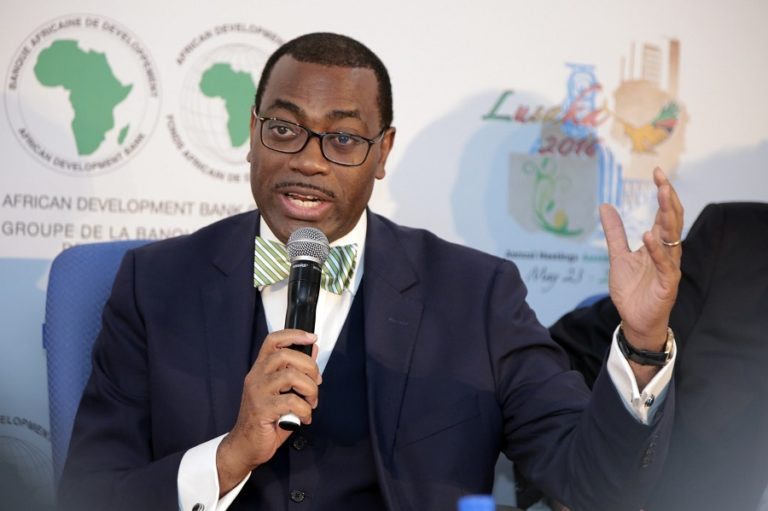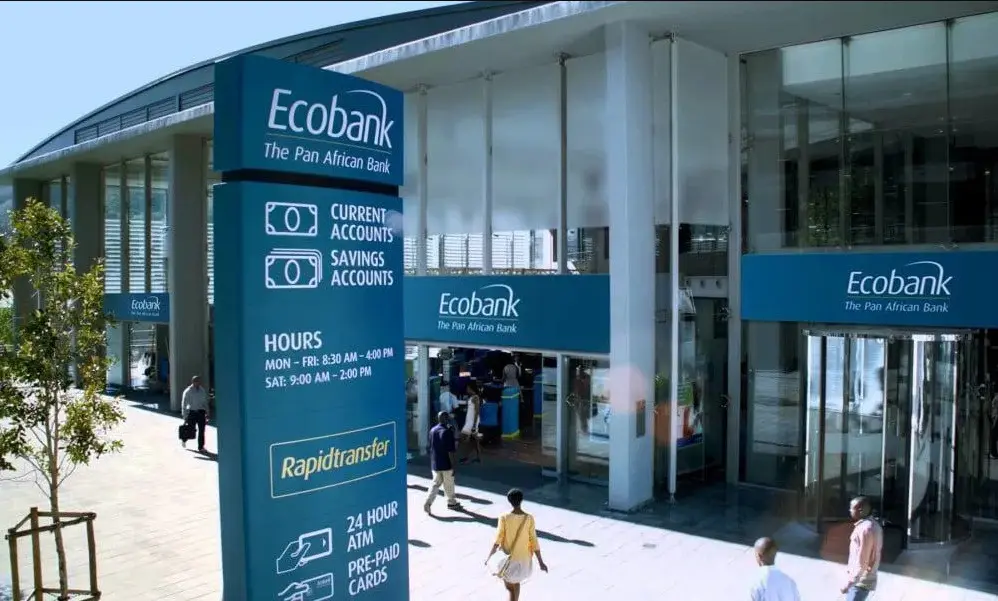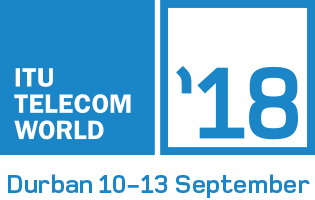Burkina Faso extends its ban on mobile internet access in the face of widespread uproar
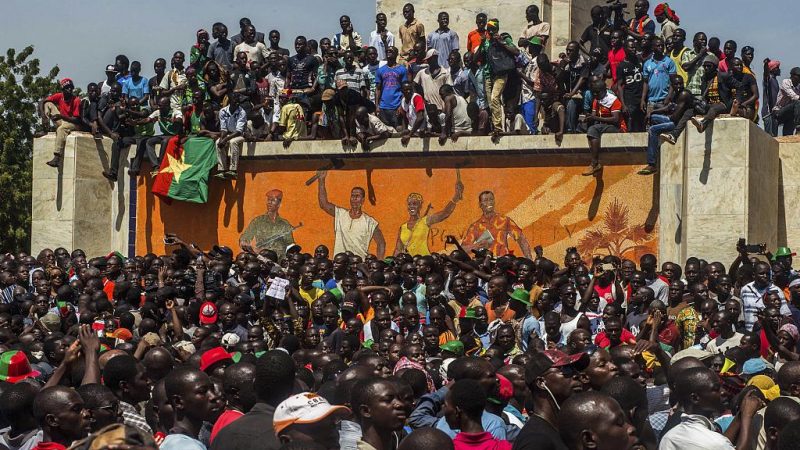
Burkina Faso’s government has prolonged the countrywide ban on mobile internet access for another 96 hours. This comes just days before opposition protests are scheduled.
According to a statement issued by the administration of President Roch Marc Christian Kaboré, the extension was granted under a legal clause linked to national defense and public safety.
Authorities in the West African country made the announcement amid growing public fury over the country’s repeated killings by Islamist militants.
What caused the shutdown?
The country’s internet connection via mobile phone networks was taken off on Saturday, with authorities claiming a constitutional provision that allows for such a shutdown.
These laws are concerned with “the quality and security of networks and services, as well as the fulfillment of national defense and public security commitments.”
Over the weekend, the government shut down internet connections after hundreds of demonstrators gathered in Kaya to roadblock a convoy of French military vehicles on its route to Niger.
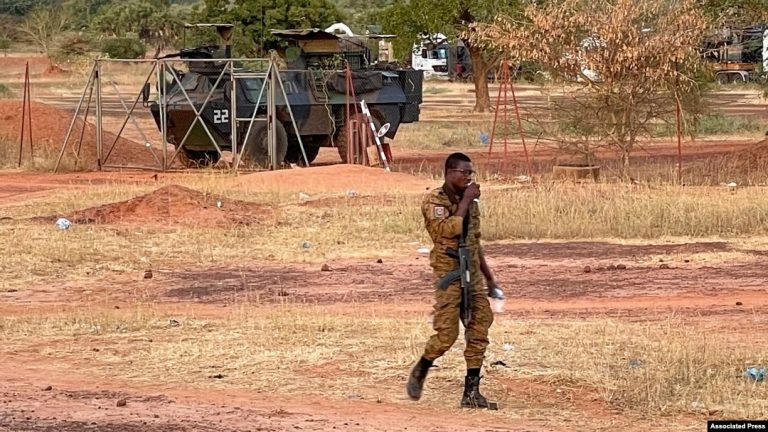
Many protesters were hurt when French soldiers opened fire on a crowd of people, inflaming hostility to France’s military presence further the country.
The public outpouring of wrath has been directed at France, which has hundreds of troops stationed in the region as a former colonial power but has been ineffective in combating extremist attacks.
Protests against the government and French soldiers collaborating with them erupted on November 14 after suspected terrorists killed 49 military police officers and four civilians near the northern town of Inata.
Many of the military police officers murdered in Inata were buried on Tuesday in a ceremony that some family members and friends found humiliating.
The most recent extension
The internet outage was supposed to finish on Wednesday evening. However, in a statement signed by a government spokeswoman, Ousseni Tamboura, the administration extended it for another 96 hours, citing the same legislative obligation.
This, however, comes as a surprise, given Tamboura provided a different explanation for the original internet outage in a statement to media hours earlier.
“We believed that our nation need silence… to ensure that we could bury our warriors in dignity.”
“This restriction is directly related to that,” he had stated.
Lingering nationwide protests
In recent years, Burkina Faso has faced increasing security challenges and protesters are demanding that the president takes action or resign.
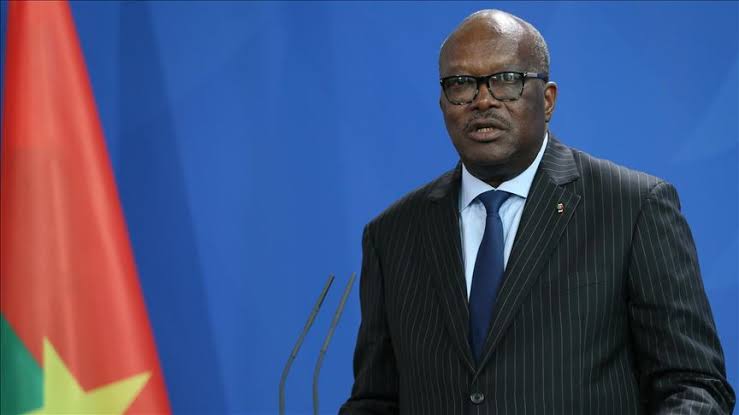
Opponents of President Roch Kabore have called for more protests on Saturday to protest the government’s failure to stop the slaughter by terrorists from al Qaeda and the Islamic State’s West African regional affiliates.
The November 27 Coalition, a coalition of opposition and civil society organizations, had earlier called for nationwide marches on November 27 to draw the attention of the government.
The planned rallies, according to the coalition, were intended to demand President Roch Marc Christian Kabore’s resignation due to the country’s deteriorating security situation.
The impact of the embargo on Burkinabes
The country’s chronic internet outages have had a huge impact on the personal lives and enterprises of the people of Burkina Faso.
Citizens spoke with VOA about how the shutdown is affecting them and what they think of the government’s decision.
Alexi Sawadogo, a physician, is speaking outside a bank on one of the city’s busiest boulevards. He stated he was there to check his account balance because he couldn’t do it online due to the outage.
“It disconnects us from our friends who live outside the country and with whom we speak on a regular basis,” he explains.
He admits that it is due of the French convoy that was blocked in the north, but maintains that insecurity is not a legitimate justification and that the government’s approach needs to be reconsidered.



